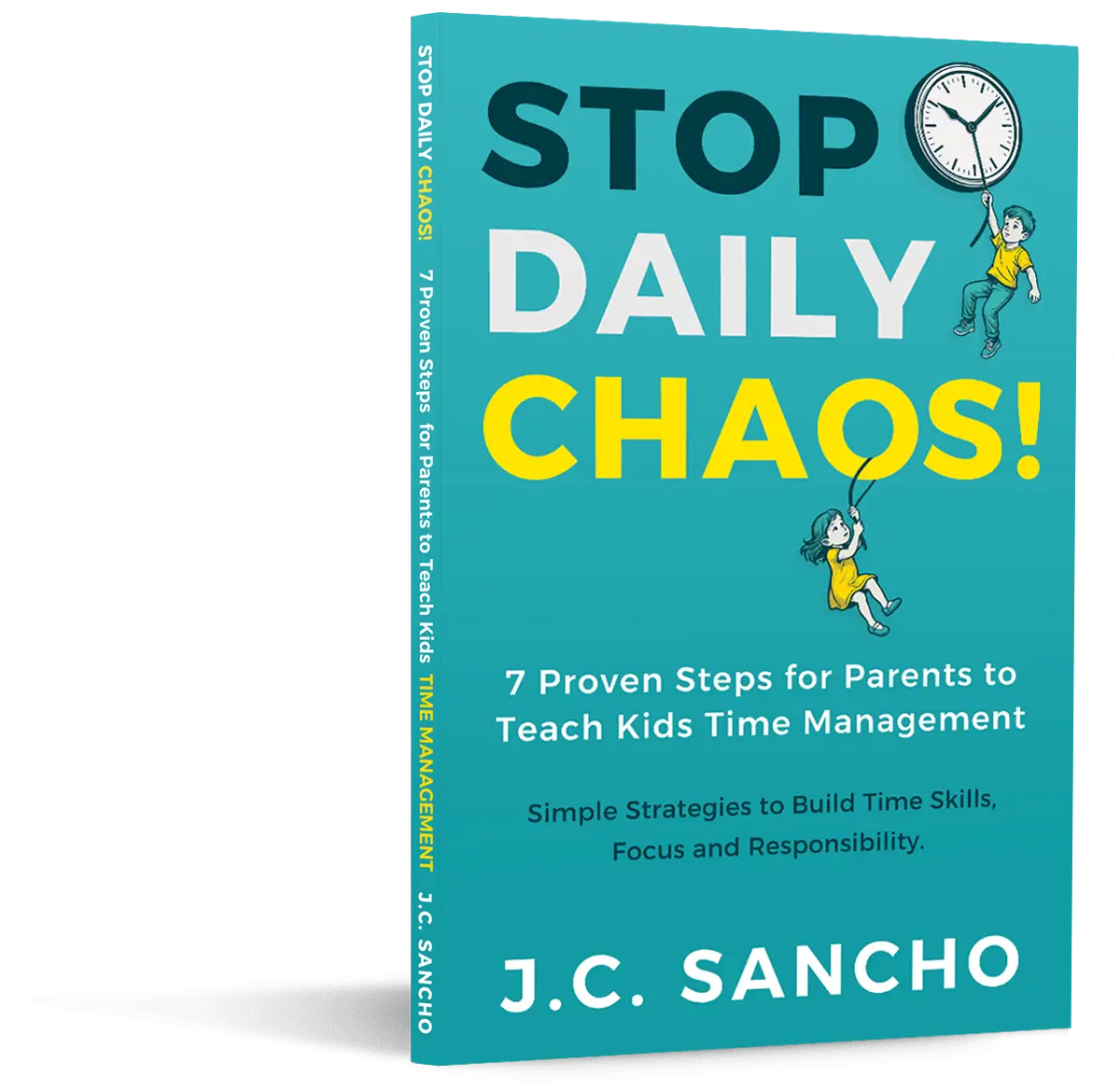Are Flushable Wipes Okay for Kids or Should We Avoid Them?
We’re always on the lookout for products that make our lives easier. Flushable wipes have become a popular choice for many families, promising the convenience of a quick clean-up that can be flushed away without a second thought. But are these wipes truly safe for our kids and our plumbing? Let’s explore this topic in depth.
Flushable wipes, as the name suggests, are designed to be disposed of in the toilet. They’re often marketed as a more sanitary and convenient alternative to regular toilet paper. For parents with young children, the appeal is clear. They can be a lifesaver during potty training, and they’re handy for quick clean-ups after meals or messy playtimes. But despite their popularity, there’s a growing debate about whether flushable wipes are as flush-friendly as they claim to be.
The Impact of Flushable Wipes on Plumbing
While flushable wipes might seem like a godsend for busy parents, they can be a nightmare for your plumbing. Many plumbers and sanitation experts warn that these wipes, despite being marketed as flushable, don’t break down as quickly or completely as regular toilet paper. This can lead to clogs and backups in your home’s plumbing system, which can be costly and time-consuming to repair.
Even if you’re lucky enough to avoid a clog in your own home, flushable wipes can still cause problems further down the line. In many cities, these wipes are a major contributor to ‘fatbergs’ – massive, rock-hard accumulations of fat, oil, and other non-degradable items that block sewer pipes and require expensive, labor-intensive removal.
So, while flushable wipes might make clean-up a breeze, they can also lead to some serious headaches. It’s important to weigh the convenience of these products against the potential cost and hassle of plumbing problems.
But what about the impact on our kids? Are flushable wipes safe for them to use?
The Safety of Flushable Wipes for Kids
When it comes to the safety of flushable wipes for kids, there are a few factors to consider. First, there’s the issue of skin irritation. Some kids have sensitive skin, and the chemicals used in flushable wipes can cause rashes or other reactions. If your child has a history of skin issues, you might want to think twice before introducing flushable wipes into your routine.
Second, there’s the risk of accidental ingestion. Kids are curious creatures, and they might decide to taste-test a wipe if it’s within reach. While most flushable wipes are non-toxic, they’re not meant to be eaten and could pose a choking hazard.
Finally, there’s the environmental impact. Flushable wipes are often made from non-biodegradable materials, which means they can contribute to landfill waste if they’re not disposed of properly. If you’re trying to raise your kids with a green mindset, flushable wipes might not align with your family’s values.
That being said, many parents find that the convenience of flushable wipes outweighs these potential risks. If you choose to use them, it’s important to do so responsibly. Make sure your kids know not to put the wipes in their mouths, and consider using a wipe warmer to reduce the risk of skin irritation.
Alternatives to Flushable Wipes
If you’re not comfortable with the idea of using flushable wipes, there are plenty of alternatives out there. Regular toilet paper is an obvious choice, but it might not provide the same level of clean that you’re used to with wipes.
One popular alternative is a bidet. These devices, which can be attached to your existing toilet, use a stream of water to clean up after you use the bathroom. They’re more environmentally friendly than flushable wipes, and they can be a good option for kids who are old enough to use the toilet independently.
Another option is reusable cloth wipes. These can be washed and reused, making them a more sustainable choice. They do require a bit more effort to clean and maintain, so they might not be the best choice for every family.
Finally, there are biodegradable wipes. These are similar to flushable wipes, but they’re designed to break down more quickly and completely in the environment. They can be a good compromise if you like the convenience of flushable wipes but are concerned about their environmental impact.
We all want what’s best for our kids and our homes. Flushable wipes can be a convenient tool, but it’s important to use them responsibly and be aware of the potential risks. Whether you choose to stick with flushable wipes, switch to an alternative, or find a balance between the two, the most important thing is to make an informed decision that works for your family.



